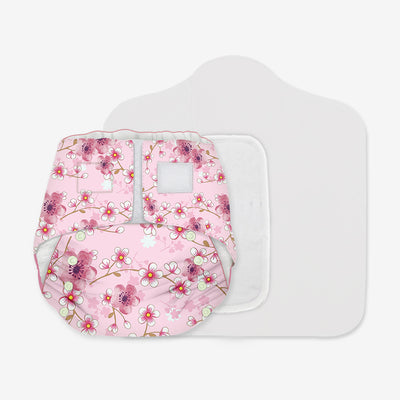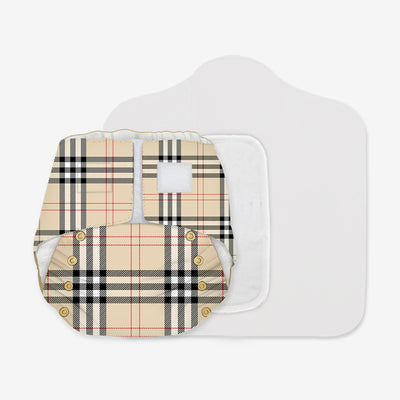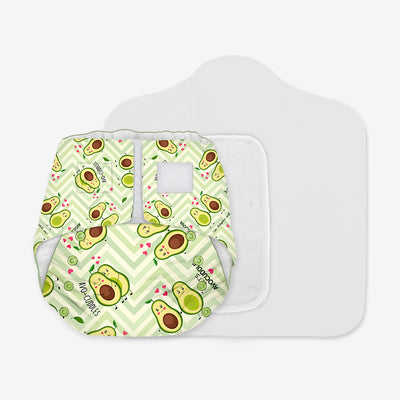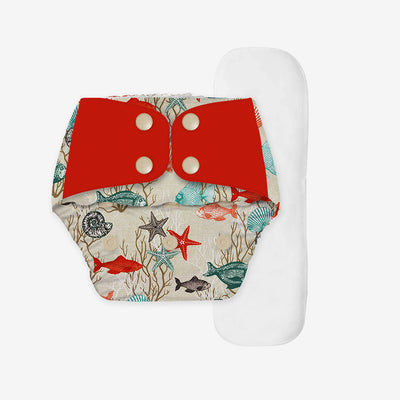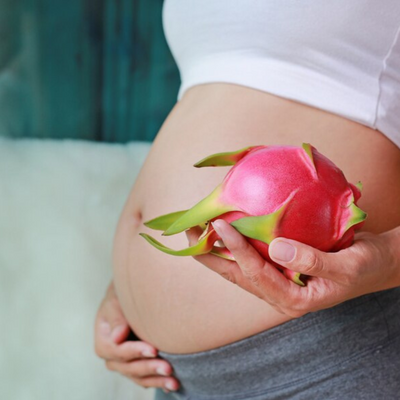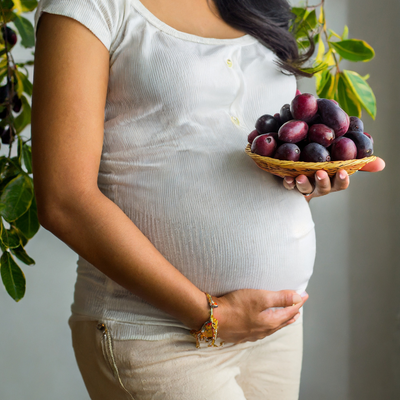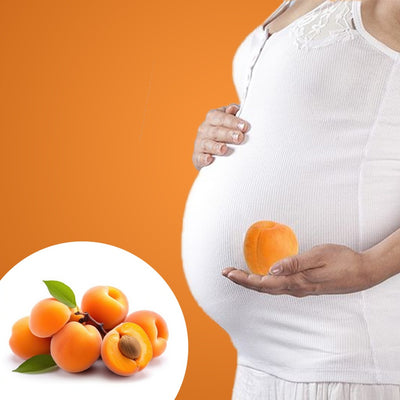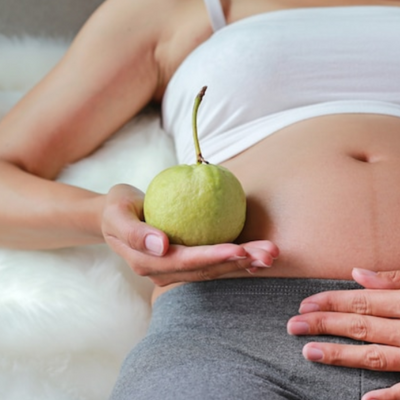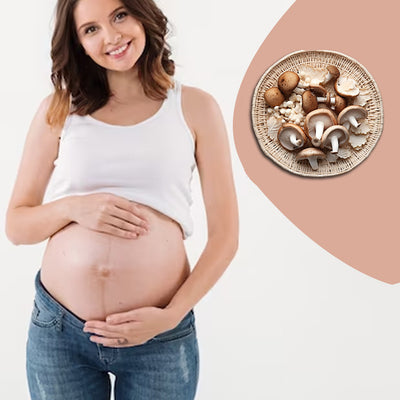Can You Eat Chinese Food During Pregnancy?

Can You Eat Chinese Food While Pregnant?
In the delightful journey of pregnancy, cravings often dictate our culinary choices, and the allure of diverse cuisines, including the ever-popular Chinese fare, becomes hard to resist. The joy of sharing a meal with loved ones or indulging in a cozy date night often involves dining out. However, for expectant mothers, this culinary adventure comes with considerations beyond taste. Chinese cuisine, renowned for its rich flavors, raises questions about its compatibility with pregnancy. Amidst the array of delectable options, caution is advised. As the longing for Chinese delights persists, it becomes imperative for pregnant individuals to navigate the menu with awareness. Unraveling the complexities of artificial additives, such as MS(monosodium glutamate), unveils a nuanced perspective on pregnancy nutrition. Let's delve into the nuances of savoring Chinese cuisine while safeguarding the well-being of both the expectant mother and the budding life within.
Is Chinese Food Safe During Pregnancy?
Navigating culinary choices during pregnancy is crucial, and the allure of Chinese cuisine often beckons expectant mothers. While the rich flavors are tempting, concerns about safety linger. The question arises: Is Chinese food a safe indulgence for pregnant women? Unraveling this query involves delving into the ingredients and cooking methods, ensuring a wholesome experience that prioritizes both the well-being of the mother and the unborn child.
Reasons Pregnant Women Should Avoid Chinese Food
Pregnancy is a time of heightened awareness about dietary choices, and while Chinese cuisine can be delicious, there are some reasons expecting mothers might consider avoiding it.
High Sodium Content: Chinese dishes often contain elevated levels of sodium. Excessive sodium intake can lead to water retention, potentially causing bloating and increased blood pressure, which may pose risks during pregnancy. Opting for lower-sodium alternatives or requesting reduced salt in dishes can help mitigate this concern.
Concerns with MSG (Monosodium Glutamate): MSG, commonly used as a flavor enhancer in Chinese cooking, can be a point of concern for pregnant women. Some studies suggest a potential link between high MSG intake during pregnancy and developmental issues in the baby's nervous system. Being cautious about MSG-rich dishes or choosing MSG-free options can be a prudent choice.
Possibility of Contamination: Chinese food often involves various ingredients, and the risk of contamination is a consideration. Raw or undercooked ingredients, such as certain seafood or meats, might harbor harmful bacteria. Ensuring that all components are thoroughly cooked reduces the risk of foodborne illnesses that could be particularly problematic during pregnancy.
GMO Ingredients: Genetically modified organisms (GMOs) are prevalent in some Chinese dishes, especially with ingredients like soy. While there's no conclusive evidence on the direct impact of GMOs on pregnancy, some prefer to limit exposure during this sensitive period. Opting for organic or non-GMO-labeled items when available can address this concern.
Caloric Intake and Unhealthy Cooking Methods: Some Chinese dishes may be fried or prepared with high-calorie sauces, potentially contributing to excessive caloric intake. Monitoring portion sizes and choosing dishes that are grilled, steamed, or stir-fried with minimal oil can help control calorie consumption and promote a healthier pregnancy diet.
Navigating Chinese cuisine during pregnancy involves making informed choices to ensure both the satisfaction of cravings and the well-being of both the expectant mother and the developing baby. It's advisable to consult with a healthcare professional for personalized dietary recommendations based on individual health conditions.
Is It Safe To Eat Chinese Food In The First Trimester?
Embarking on the journey of pregnancy raises questions about dietary choices, especially during the delicate first trimester. Cravings for Chinese cuisine may arise, but are they safe to indulge? The good news is, with mindful choices, enjoying Chinese food is generally safe during early pregnancy. Opt for well-cooked dishes, avoid raw or undercooked ingredients, and be conscious of sodium and MSG intake. As always, consulting with a healthcare professional ensures a personalized and informed approach to your dietary decisions.
FAQ
- Q: Is it safe to eat Chinese food during pregnancy?
A: Yes, it is generally safe to enjoy Chinese food during pregnancy. However, it's crucial to make informed choices, focusing on well-cooked dishes, avoiding raw ingredients, and being mindful of certain additives like MSG.
- Q: Are there specific Chinese dishes pregnant women should avoid?
A: Some dishes may be high in sodium or contain MSG. Opting for dishes with lower sodium content, avoiding excessive MSG, and choosing grilled or steamed options can be wise choices.
- Q: Can pregnant women consume sushi or raw seafood in Chinese cuisine?
A: It's advisable to avoid raw or undercooked seafood during pregnancy to minimize the risk of foodborne illnesses. Opt for fully cooked seafood options instead.
- Q: How can I reduce sodium intake when eating Chinese food while pregnant?
A: Requesting reduced salt in dishes, choosing sauces on the side, and opting for dishes that are not heavily processed or fried can help control sodium intake.
- Q: Is it safe to eat Chinese food in the first trimester of pregnancy?
A: Yes, with mindful choices, enjoying Chinese food is generally safe in the first trimester. Focus on well-cooked options, avoid raw ingredients, and consult with your healthcare professional for personalized advice.

